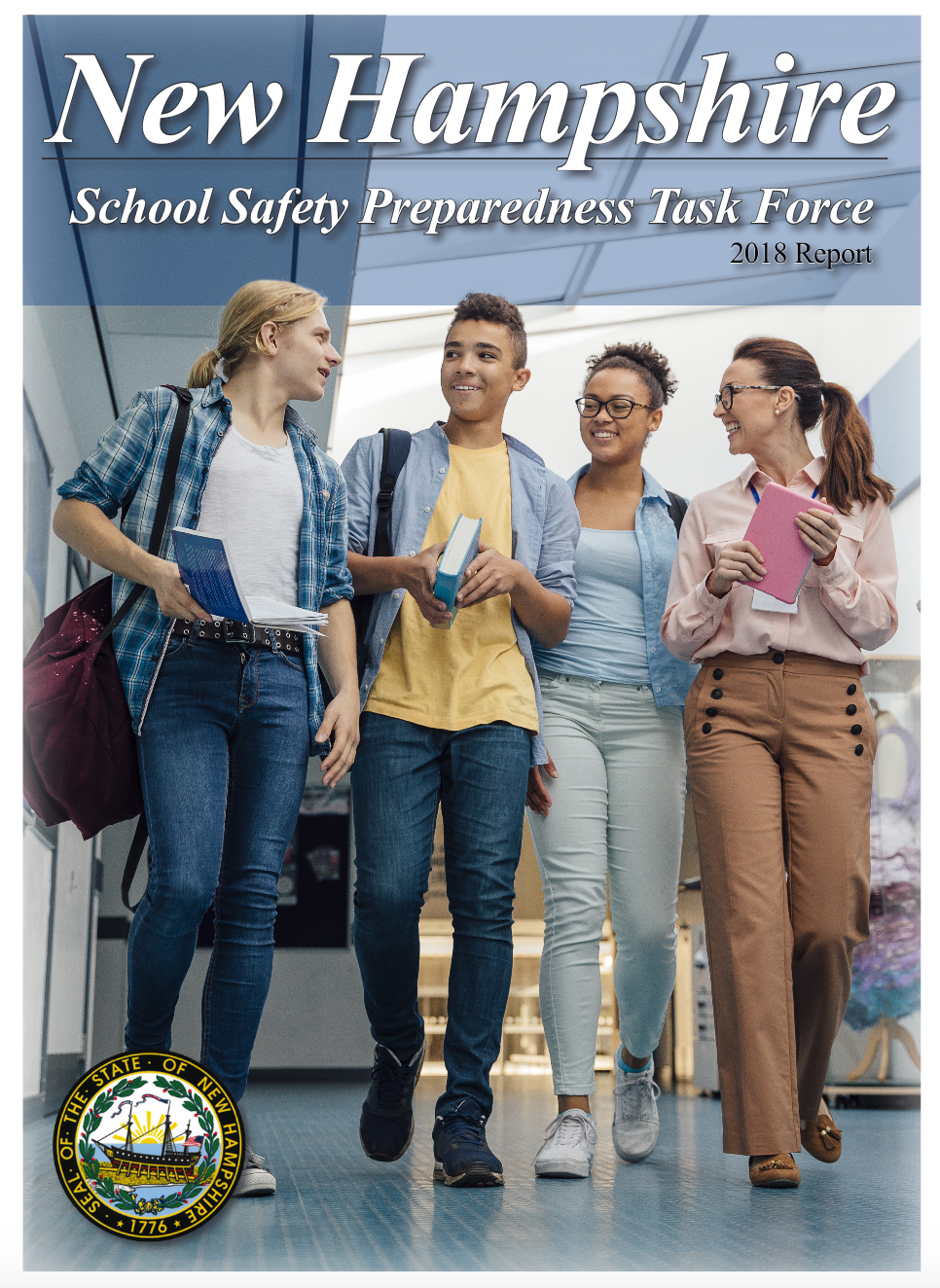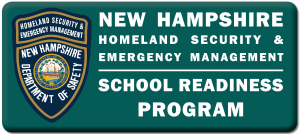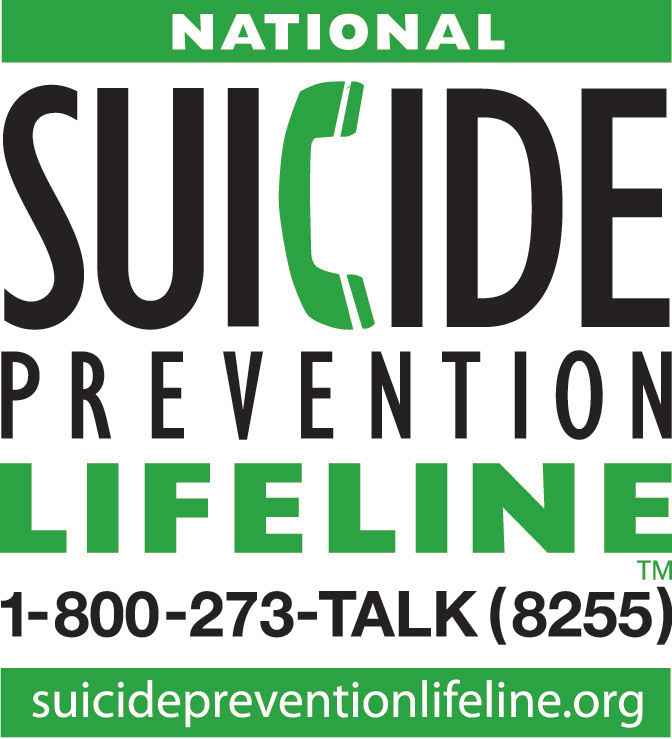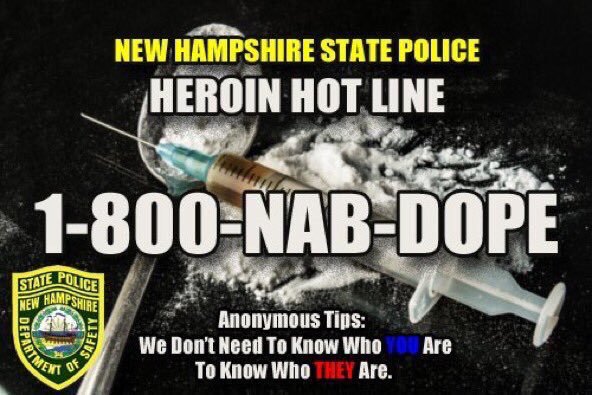Recommendation 37: Increase communication capabilities and the interoperability of communication systems to convey information during an emergency to first responders both inside and outside the school. This includes cell phone coverage boosters, radio repeaters, and radio frequency standardization.
Category: Task Force
The task force report was drafted by the School Safety Preparedness Task Force established by Governor Christopher T. Sununu in March of 2018. The Task Force was charged with the consultation of subject matter experts and members of the public to find areas of agreement regarding steps that move the State forward in improving the safety of New Hampshire’s students while maintaining and improving the core purpose of educational institutions. This section provides updates on the 59 recommendations from the 2018 Task Force Report.
Recommendation 38
Recommendation 38: Ensure all phones are clearly labeled with 9-1-1, or 9-1-1 preceded by the appropriate prefix to dial out to ensure that anyone will be able to reach E911 quickly and efficiently.
Recommendation 39
Recommendation 39: Grant school staff members explicit authority to contact 9-1-1 directly to ensure that E911 is contacted with speed and efficiency.
Recommendation 40
Recommendation 40: Ensure classroom phone lines are set up with a unique code (i.e., Direct Inward Dial) and that these codes are recorded in a database shared with E911 so that when a 9-1-1 call is placed, the E911 emergency medical dispatcher will be able to tell exactly which room in the school the call …
Recommendation 41
Recommendation 41: When schools replace, upgrade, or install fire alarms, they should consider the potential of having multifunctional alarms (e.g., separate fire and lockdown alarms) to clearly and quickly inform building occupants of how to take action.
Recommendation 42
Recommendation 42: Install or issue panic buttons or other communication technology to directly notify first responders of an incident.
Recommendation 43
Recommendation 43: Establish a system to alert parents, staff, and non-first responders during an emergency to quickly and efficiently notify them of current incident and safety information.
Recommendation 44
Recommendation 44: Continue with the current Emergency Management Performance Grant (EMPG) to assist public schools and local law enforcement agencies with funding for emergency notification software that will improve and enhance school safety.
Recommendation 45
Recommendation 45: Have local law enforcement increase their visibility at schools (e.g., complete reports and other paperwork on school grounds, eat lunch with students in the cafeteria, etc.) to increase informal interactions and trust with the students.
Recommendation 46
Recommendation 46: Launch an age appropriate See Something, Say Something™ style campaign in schools to inform students about warning signs and pre-incident indicators, and the need to report them to appropriate adults, as well as helping students feel comfortable when alerting appropriate adults.







